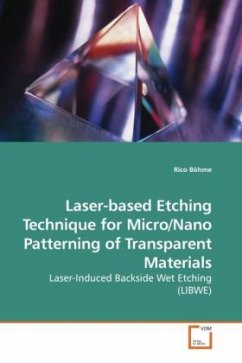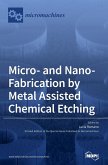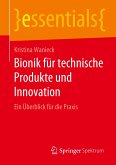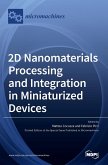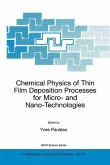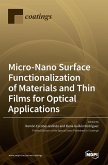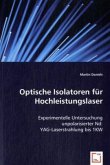Laser-induced backside wet etching (LIBWE) is a promising technique for direct patterning of trans-parent materials with high quality. LIBWE causes laser etching at the back surface of the transparent sample that is in contact with an absorbing liquid. In this work, the etch process has been experimen-tally investigated to study the etch mechanism and ascertain the dominating processes at the backside etching of the transparent materials fused silica, glasses, quartz, MgF2, CaF2, and sapphire. The influ-ence of process parameters on etch rate and surface quality have been systematically studied. The main characteristics of the etching process are a small etching threshold (~0.33 J/cm²; fused silica), small etch rates (1 20 nm/pulse), small roughness of etched surfaces (less than 10 nm rms), an incuba-tion behavior, and a surface micro topography that depend on the etched material and the liquid. With this knowledge, the fabrication of well-defined and high quality features into fused silica by LIBWE is demonstrated, which is potentially applicable for the shaping of microoptical components.

